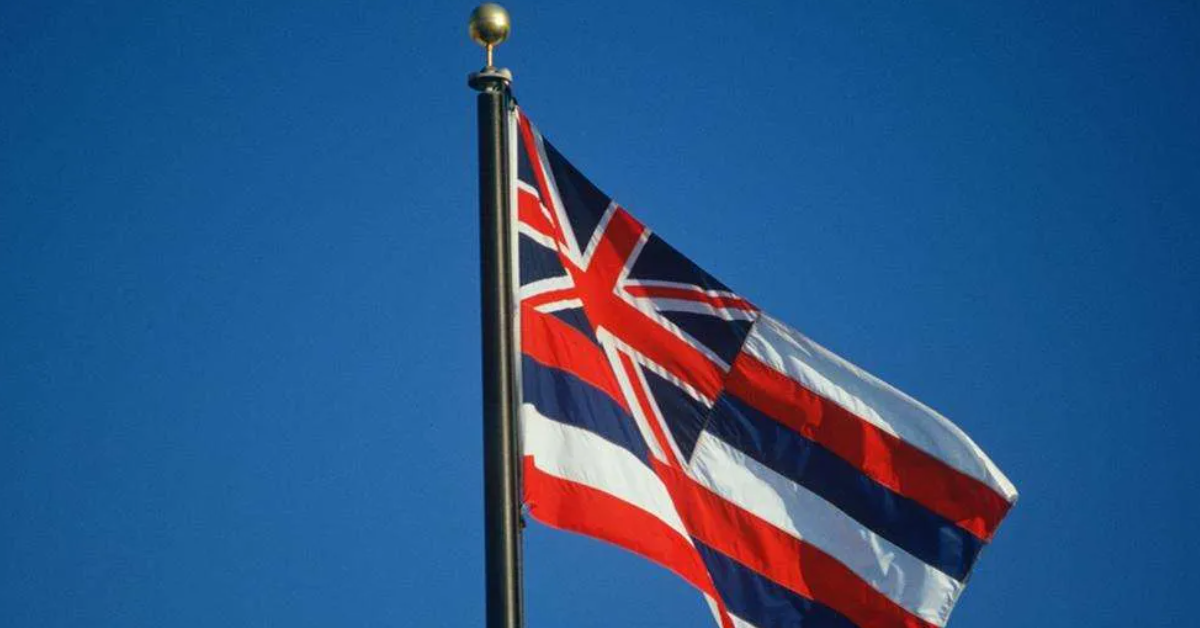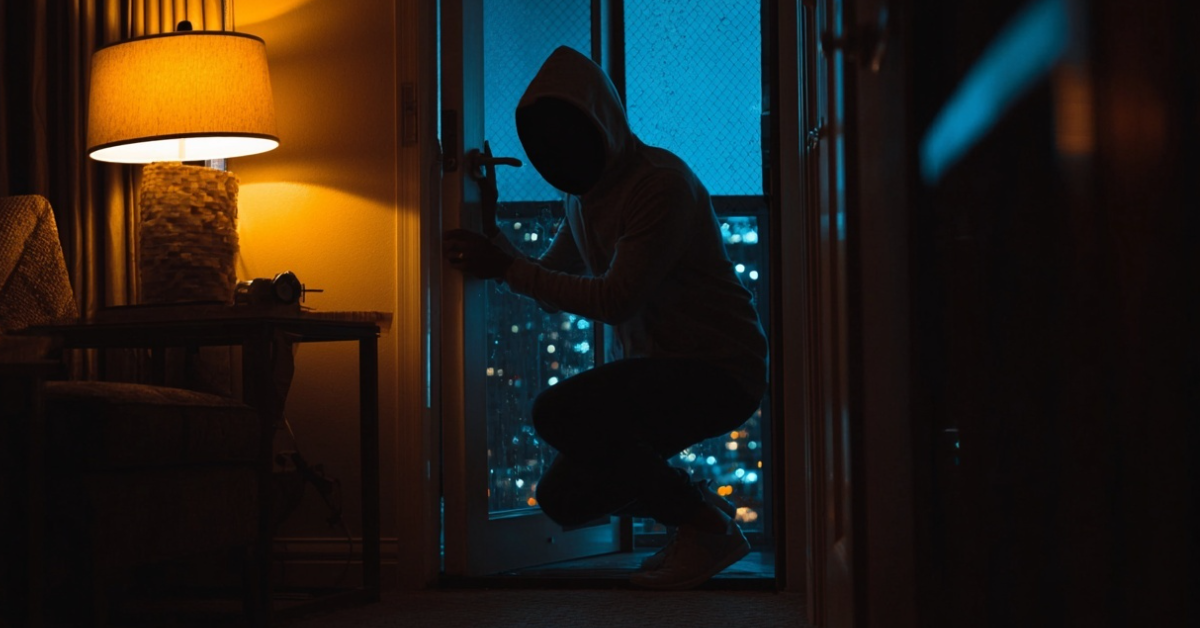The U.S. Supreme Court has agreed to hear a major challenge to Hawaii’s firearm law that restricts carrying on private property open to the public without express permission. The decision could reshape how states interpret the Second Amendment after Bruen.
LISTEN TO THIS ARTICLE
HONOLULU, HI (3-minute read) — The U.S. Supreme Court has agreed to review a challenge to a Hawaii law that restricts carrying firearms on private property open to the public unless the property owner gives clear and explicit authorization. The case, Wolford v. Lopez, brings into question how far states can go in limiting concealed carry rights, especially in light of the Supreme Court’s 2022 decision in New York State Rifle & Pistol Association v. Bruen, which held that law-abiding citizens have a right to carry firearms in public for self-defense without proving a special need.
In response to Bruen, several states, including Hawaii, New York, New Jersey, and California, updated their laws to make firearm permits easier to obtain but much harder to use. These laws expanded the list of so-called “sensitive places” and introduced sweeping bans on firearms in many public-facing private properties like retail stores and restaurants unless the owner explicitly allows it.
Under Hawaii’s statute, gun owners must receive either unambiguous verbal or written consent or rely on clear signage posted by the property owner. The 9th Circuit Court of Appeals upheld the law, arguing that it aligned with a historical tradition of regulating firearms on private property dating back to colonial America. They cited 18th- and 19th-century laws that prohibited firearms on plantations, enclosed lands, and private property, although those laws mostly applied to land not open to the public.
Constitutional Clash: 9th Circuit vs. 2nd Circuit
That decision sharply contrasts with the 2nd Circuit Court’s 2023 ruling in Antonyuk v. James, which struck down a nearly identical provision in New York. The 2nd Circuit concluded that the historical laws cited were not similar in scope or purpose to modern bans. They argued those older statutes were aimed at deterring trespassers and hunters, not lawful firearm carriers. More importantly, they only applied to land not open to the general public.
The plaintiffs in the Hawaii case, including three Maui residents and the Hawaii Firearms Coalition, argue the government has overstepped. They contend the right to exclude someone from private property rests solely with the owner, not with the state, and that the law creates a de facto ban on public carry by flipping the default.
This Supreme Court case could serve as a landmark in defining how far states can go in regulating firearms in the post-Bruen era. A ruling against Hawaii might dismantle similar laws across multiple states, while a ruling in favor could open the door for more stringent local firearm restrictions, even in public-facing settings.
Safety Tip: Know your state and local laws before carrying your firearm into any business or private property. Some jurisdictions require explicit permission to carry in these places, even if they are open to the public. When in doubt, look for posted signage or ask the owner directly.
Read the full article here




